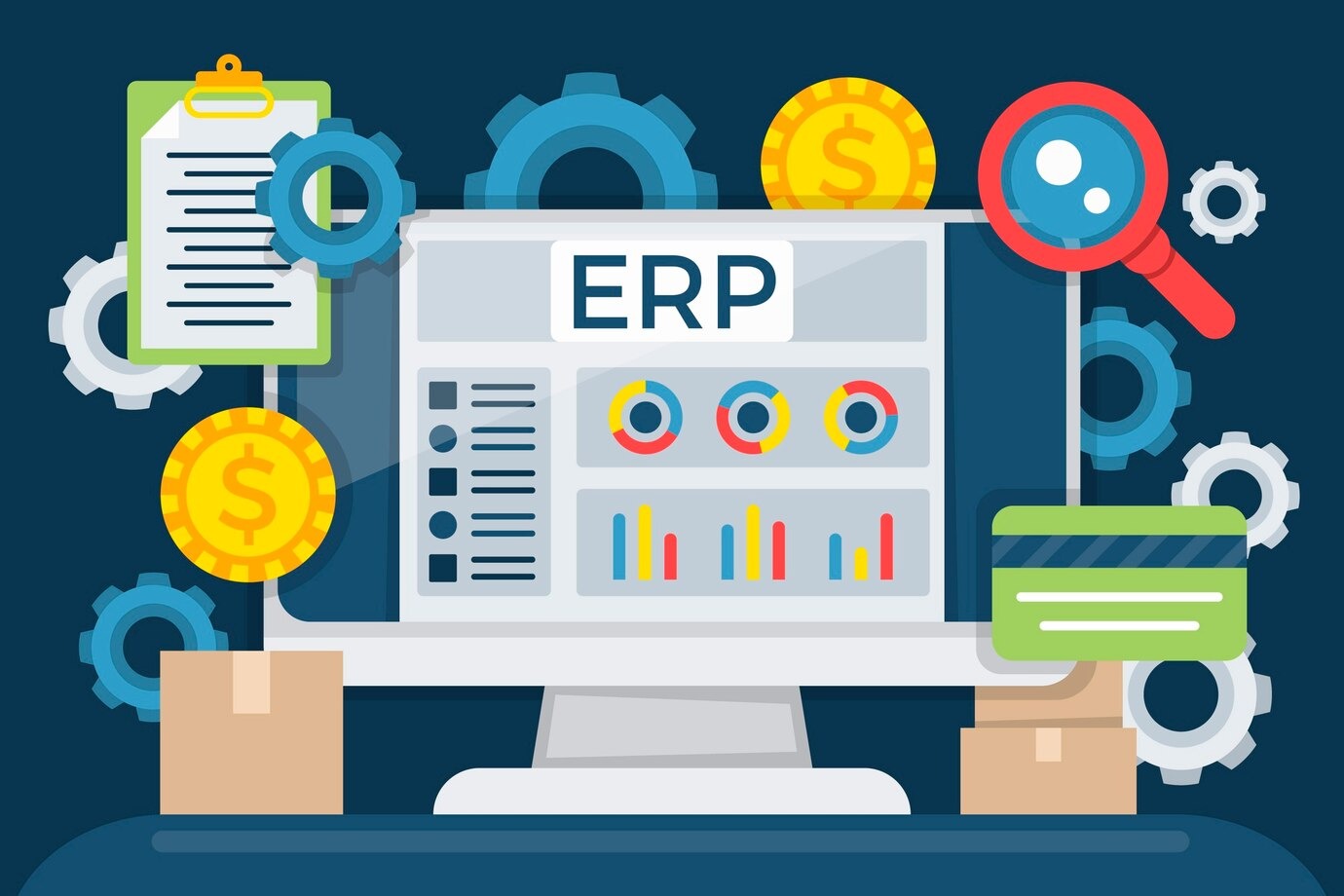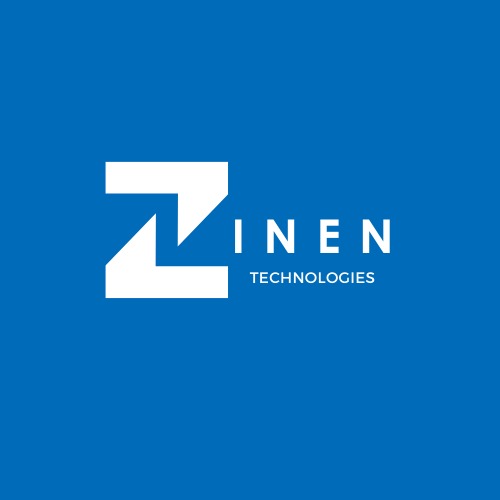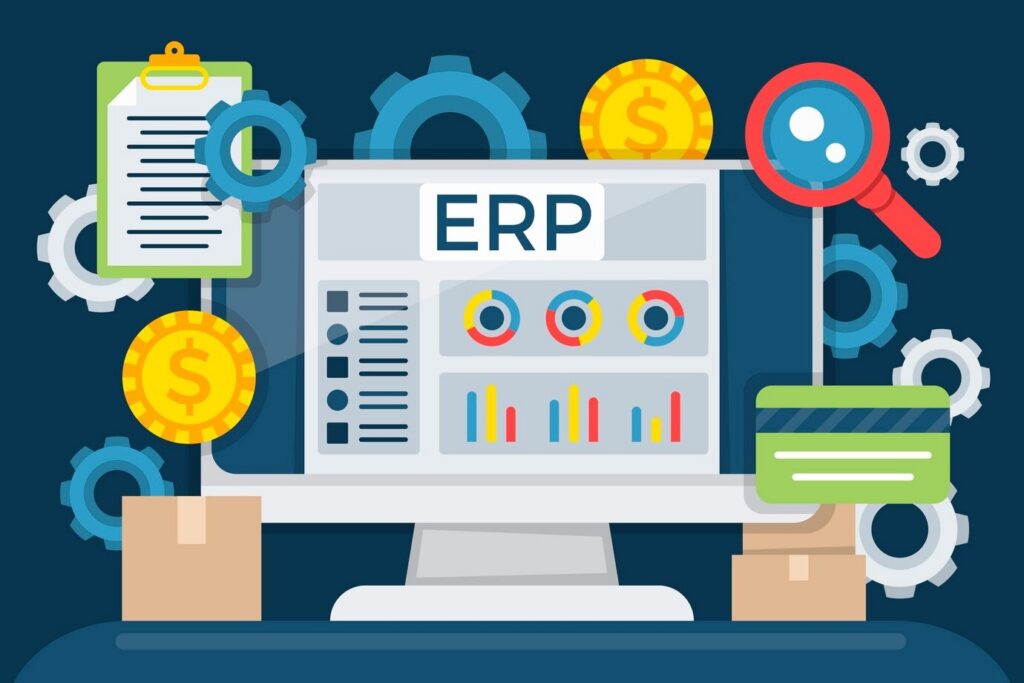Understanding ERP: Transforming Business Operations

In today’s fast-paced business environment, organizations need efficient systems to manage their operations seamlessly. Enterprise Resource Planning (ERP) has emerged as a powerful solution that revolutionizes how businesses operate, integrate processes, and make data-driven decisions.
What is ERP?
Enterprise Resource Planning (ERP) is an integrated software platform that connects and manages all core business processes within an organization. From finance and human resources to inventory management and customer relations, ERP systems provide a unified framework that enables different departments to share information and collaborate effectively.
Key Benefits of ERP Systems
- Integration of Business Operations
ERP eliminates data silos by connecting various departments on a single platform. When sales processes an order, the information automatically flows to inventory, finance, and logistics departments, ensuring everyone works with the same real-time data. - Improved Data Management
With centralized databases, ERP systems ensure data accuracy and consistency across the organization. This single source of truth eliminates duplicate entries, reduces errors, and provides reliable information for all stakeholders. - Better Decision-Making
ERP systems offer powerful analytics and reporting tools that transform raw data into actionable insights. Real-time dashboards and comprehensive reports enable management to make informed decisions quickly, identifying trends, opportunities, and potential issues before they escalate. - Automation of Tasks
By automating routine and repetitive tasks, ERP systems free up employees to focus on strategic activities. Automated workflows reduce manual data entry, minimize human errors, and accelerate business processes from order processing to financial reporting. - Scalability and Growth
As businesses expand, ERP systems scale alongside them. Whether opening new locations, adding product lines, or entering new markets, ERP provides the flexibility to adapt to changing business needs without replacing the entire system.
Common ERP Modules
Finance and Accounting: Manages general ledger, accounts payable/receivable, budgeting, and financial reporting.
Human Resources: Handles employee records, payroll, benefits administration, recruitment, and performance management.
Inventory Management: Tracks stock levels, manages warehouses, optimizes supply chain operations, and ensures product availability.
Customer Relationship Management (CRM): Centralizes customer data, manages sales pipelines, tracks interactions, and enhances customer service.
Manufacturing: Plans production schedules, manages bills of materials, and optimizes manufacturing processes.
Supply Chain Management: Coordinates procurement, vendor management, and logistics operations.
Conclusion
Implementing an ERP system is a strategic investment that can transform business operations. By integrating processes, improving data quality, enabling better decisions, automating workflows, and supporting growth, ERP systems empower organizations to operate more efficiently and compete effectively in today’s digital marketplace. Whether you’re a small business looking to streamline operations or a large enterprise seeking to optimize complex processes, ERP provides the foundation for sustainable success.




